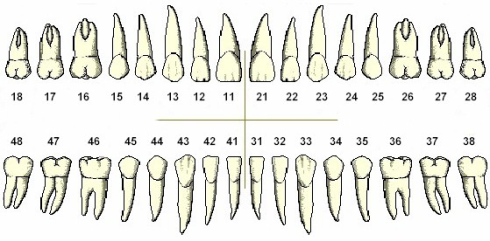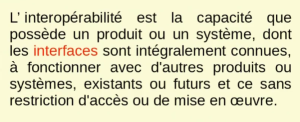La mise en garde de Philippe Quéau (en novembre 1999) n’a absolument rien perdu de son actualité :
« Le débat sur l’évolution du droit de la propriété intellectuelle dans le contexte de la » société de l’information » possède une dimension politique. Tirant argument de la » révolution multimédia « , certains groupes d’intérêts se sont en effet mobilisés pour demander et obtenir une révision du droit de la propriété intellectuelle allant dans le sens de son renforcement. Par exemple, ont été récemment obtenus une extension de la durée de protection des œuvres, la création de nouveaux droits de propriété intellectuelle dits sui generis, la possibilité de protection d’activités non inventives (bases de données), la limitation des exceptions légales comme l’usage loyal des œuvres protégées (fair use), la remise en cause d’avantages acquis aux utilisateurs comme dans le cas des bibliothèques publiques du fait de l’apparition du numérique, la brevetabilité des logiciels… En fait, derrière l’évolution actuelle, se profile un remodelage des rapports de force entre Etats (exportateurs ou importateurs nets de productions intellectuelles), et entre groupes sociaux aux intérêts divergents (actionnaires d’entreprises, enseignants, éducateurs, chercheurs scientifiques, utilisateurs finaux). C’est pourquoi une réflexion sur la notion d’ » intérêt général » est aujourd’hui plus que jamais nécessaire dans le contexte de l’évolution du droit de la propriété intellectuelle, sous peine de laisser s’imposer seulement les intérêts particuliers les plus dominants. La plupart des innovations et des inventions s’appuient sur des idées qui font partie du bien commun de l’humanité. Il est donc anormal de réduire l’accès aux informations et aux connaissances constituant ce bien commun par l’effet d’un droit trop anxieux de protéger des intérêts particuliers. »
– Philippe Quéau dans Propriété intellectuelle et bien commun mondial( 5 novembre 1999 )
http://queau.eu/post/2013/11/19/Le-bien-commun-mondial-et-les-sociétés-de-la-connaissance
#PhilippeAigrain : Reinventing physical commons and social public goods in the information era https://t.co/SEx8XS8dGR
— ] Rene Paul Mages [ No Software Patents (@RenePaulMages) April 27, 2023
http://bienscommuns.org/blog/
Continuer la lecture de Les biens communs









